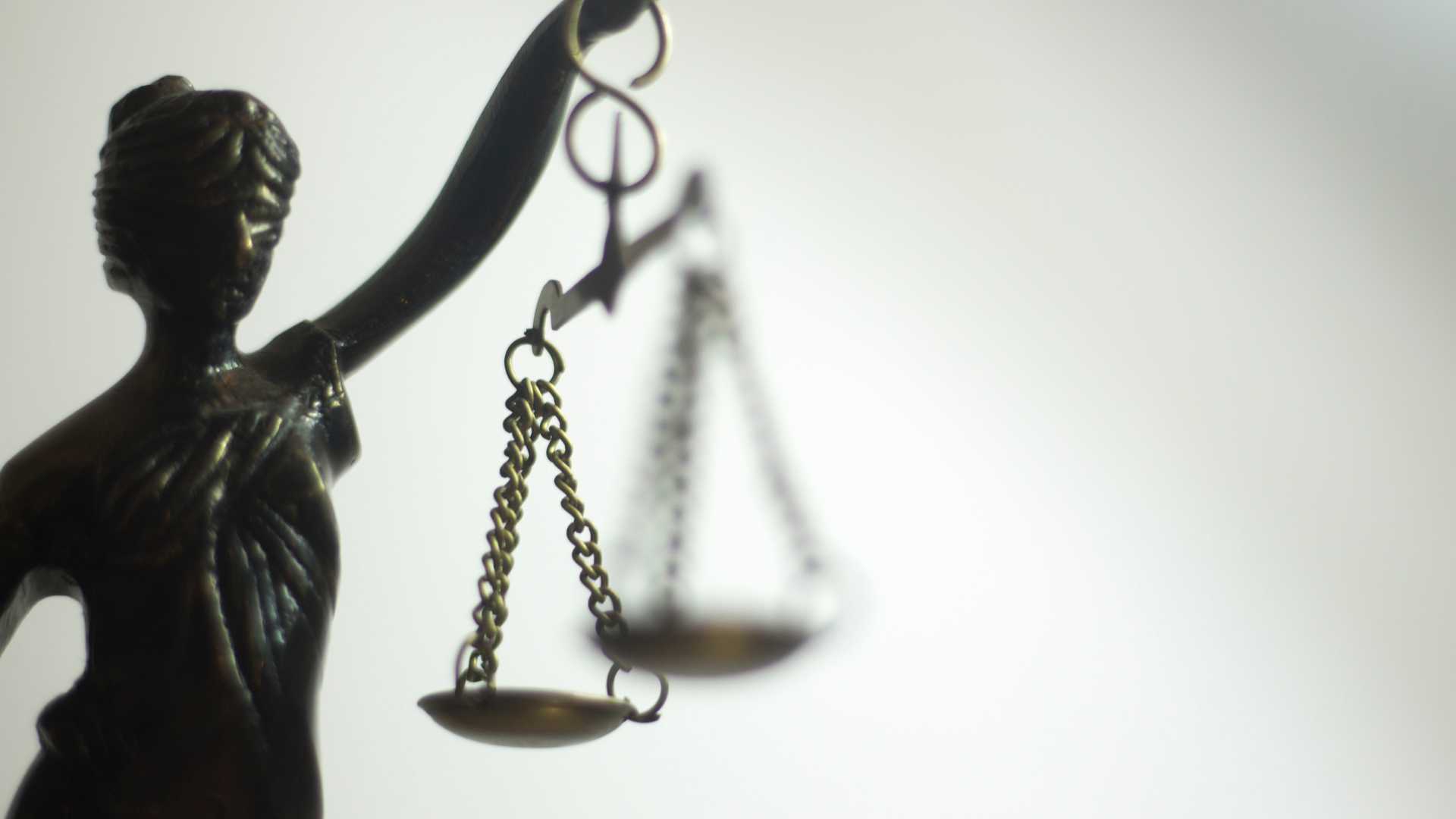In the complex world of law, the term “abuse of process” holds a distinct place. It is a legal concept that defines what is known as the improper use of legal procedures, causing harm to the opposing party or undermining the integrity of the justice system. It’s important that we all have a deep understanding of the concept of abuse of process so we can shed light on its definition to those around us and hopefully prevent them from suffering from this in the future. Here are the elements and the crucial role attorneys play in these cases.
Understanding Abuse of Process
Abuse of process is a legal principle that prevents the misuse of the court system for ulterior motives, rather than seeking justice. It is often related to the principle of justice and fairness, aiming to ensure that legal proceedings are conducted with integrity and in accordance with the law.
Basically, abuse of process involves the malicious manipulation of legal procedures to gain an unfair advantage or to cause harm to the opposing party. Unlike malicious prosecution, which involves the initiation of baseless legal action, abuse of process occurs after legal proceedings have begun. This can include a range of actions, such as filing frivolous motions, subpoenas, or other legal documents, with the intention of intimidating or coercing the other party.

Elements of Abuse of Process
For a claim of abuse of process to be successful, certain elements must be presented by your attorney:
a) Improper Purpose: They must demonstrate that the legal process was initiated or used for an ulterior motive other than pursuing a legitimate legal claim.
b) Willful Act: The accused must have willfully committed an act that is not justified by the proper use of legal procedures.
c) Harm: Your attorney must prove that the improper use of the legal process caused you harm or damage. This harm can be physical, financial, or reputational.
d) Regular Judicial Process: The abuse of process claim requires that the regular judicial process has been used as a tool to achieve the improper purpose.
It’s important to note that abuse of process claims can vary based on jurisdiction, and the specific elements required may differ from one jurisdiction to another.
The Role of Attorneys in Abuse of Process Cases
Attorneys play a pivotal role in abuse of process cases, both in terms of prevention and representation; which is why you must seek a lawyer who has vast experience with these cases. Greg Kirakosian, for example, has dealt with abuse of process on numerous occasions and understands how to navigate this legal predicament thoroughly. Let’s explore the responsibilities of attorneys when dealing with these allegations:

1. Advising Clients:
One of the primary responsibilities of attorneys is to advise their clients on ethical and legal practices throughout the legal proceedings. Experienced attorneys, like the ones at Kirakosian law group, always ensure that their clients understand the boundaries of the law and are not tempted to misuse legal processes for personal gain. This involves educating their clients about the potential consequences of abuse of process and encouraging them to pursue their claims within the boundaries of legality.
2. Monitoring Legal Proceedings:
Attorneys have a duty to diligently monitor the progress of legal proceedings. By closely tracking the actions of opposing parties and their attorneys, they can identify any signs of improper conduct or abuse of process. If such behavior is observed, your lawyer must take appropriate steps to address it, which may include bringing the matter to the attention of the court.
3. Advocating Against Abuse of Process:
When abuse of process allegations arise, attorneys have a responsibility to zealously advocate for their clients. This involves gathering evidence, conducting legal research, and presenting arguments that demonstrate the presence of elements required to establish an abuse of process claim. Lawyers must articulate their client’s position and seek appropriate remedies, such as sanctions against the party engaging in improper conduct.
4. Defending Against False Allegations:
Your attorney also plays a crucial role in defending you against false abuse of process allegations. If you are wrongfully accused of abusing the legal process, your lawyer must mount a strong defense to protect your rights and reputation. This may involve proving that your actions were within the bounds of the law and had a legitimate purpose.
5. Upholding Ethical Standards:
Attorneys are bound by ethical obligations to maintain the highest standards of professionalism and integrity. They must refrain from engaging in abusive or unethical conduct during legal proceedings. If attorneys themselves are involved in abuse of process, they can face disciplinary action and damage their own credibility.
Importance of Using the Judicial System Correctly
Abuse of process is a terrible way to misuse the resources provided by the state to those who have suffered an issue that requires legal intervention. This is why experienced attorneys, like Greg Kirakosian, play a critical role in addressing abuse of process allegations, both by advising clients to follow ethical practices and by advocating for their clients’ rights when faced with such allegations. By upholding their professional responsibilities, attorneys contribute to the fair and just administration of the law, ensuring that legal proceedings remain a tool for seeking justice rather than a weapon for personal gain.
